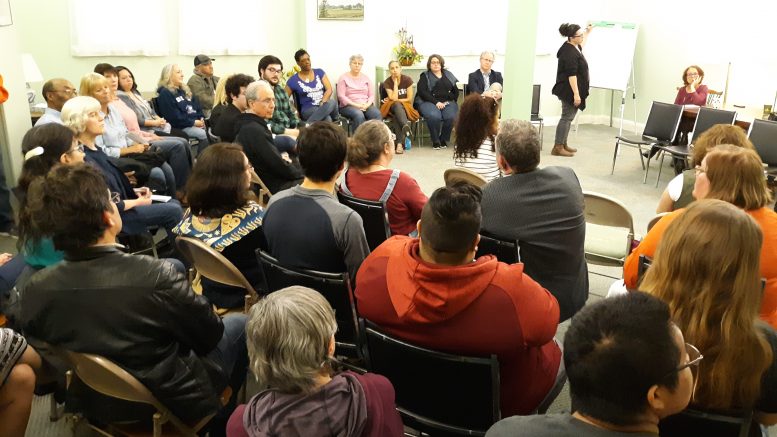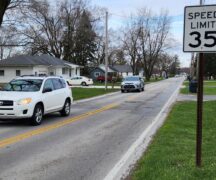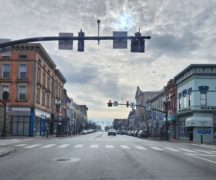By JAN LARSON McLAUGHLIN
BG Independent News
A year ago, the racist assault on two teens in the Bowling Green Waffle House rocked the community that had considered itself to be welcoming and inclusive.
The two men charged with the crime were sentenced last week. And now community members would like city leaders to take action to prevent similar incidents from occurring in the future.
La Conexion has created “Welcoming BG Protections” – a pair of proposed ordinances that have been forwarded to the Bowling Green City Council.
The proposed ordinances were born out of La Conexion’s series of community conversations following the hate crime incident.
The first ordinance enhances the city’s existing anti-discrimination codes by upgrading the complaint process and expanding the expectation that businesses take “reasonable” steps to deter discrimination and hate crimes in their establishments.
The second ordinance addresses misdemeanor crimes, motivated in whole or in part, on the victim’s membership in a protected class.
Both ordinances would go further than state law, providing protections for people according to actual or perceived race, color, religion, creed, national origin, ethnicity, ancestry, immigration status, sex, gender, gender identity and expression, sexual orientation, familial status, marital status, pregnancy, age, disability, genetic information, HIV status, source of income, and military or veteran status, according to Amanda Schackow, co-lead of the La Conexion Immigrant Solidarity Committee.
Beatriz Maya, director of LaConexion, said she believes Bowling Green leaders are open to discussing ordinances to further defend diversity in the community.
“I think there is a precedent of our city being very open to welcoming and respecting human rights,” Maya said.
The proposals strengthen the city’s existing protections, she said.
“The ordinances try to respect some of the things the community wanted to see,” Maya said. “I expect good collaboration. I think the city is ready – that’s what we hope.”
However, the precautions taken against the coronavirus mean that these proposals will be on hold for now.
City Council President Mark Hollenbaugh explained that council’s legislative efforts are being curtailed by the need to hold few public meetings and to focus on maintaining essential and emergency services.
“Over the next two months our energies need to be focused on the basic tasks of maintaining services and promoting good public health,” he said.
But Hollenbaugh added that he looks forward to a robust public discussion on the topic, once the public health crisis is over.
Maya is also looking forward to that discussion.
“For the benefit of the whole community, we have worked hard to make sure all residents, no matter their origin or identity, feel safe in Bowling Green,” she said. “We believe that these ordinances are also consistent with Bowling Green’s commitment to the public good.”
Hollenbaugh said City Council will need to consult with its legal counsel and police chief, to see if there are any enforcement issues with the ordinances that are tougher than state law.
But he supported the spirit of the proposals.
“We’re always looking for ways to address shortcomings,” Hollenbaugh said. “We want to make sure Bowling Green is a place people can go through their daily lives without fear” of violence or discrimination.
Maya believes these ordinances will help move the city further in that direction.
“It is only when every person enjoys equal rights and feels safe that everyone will be able to fully and freely comply with what we expect from every community member,” Maya said.





